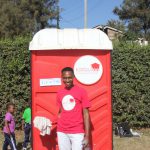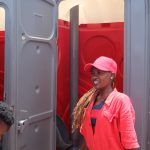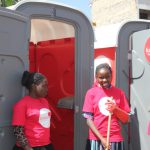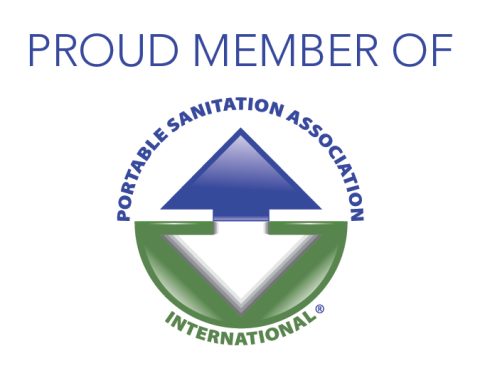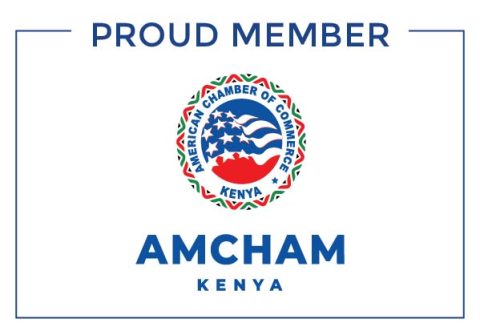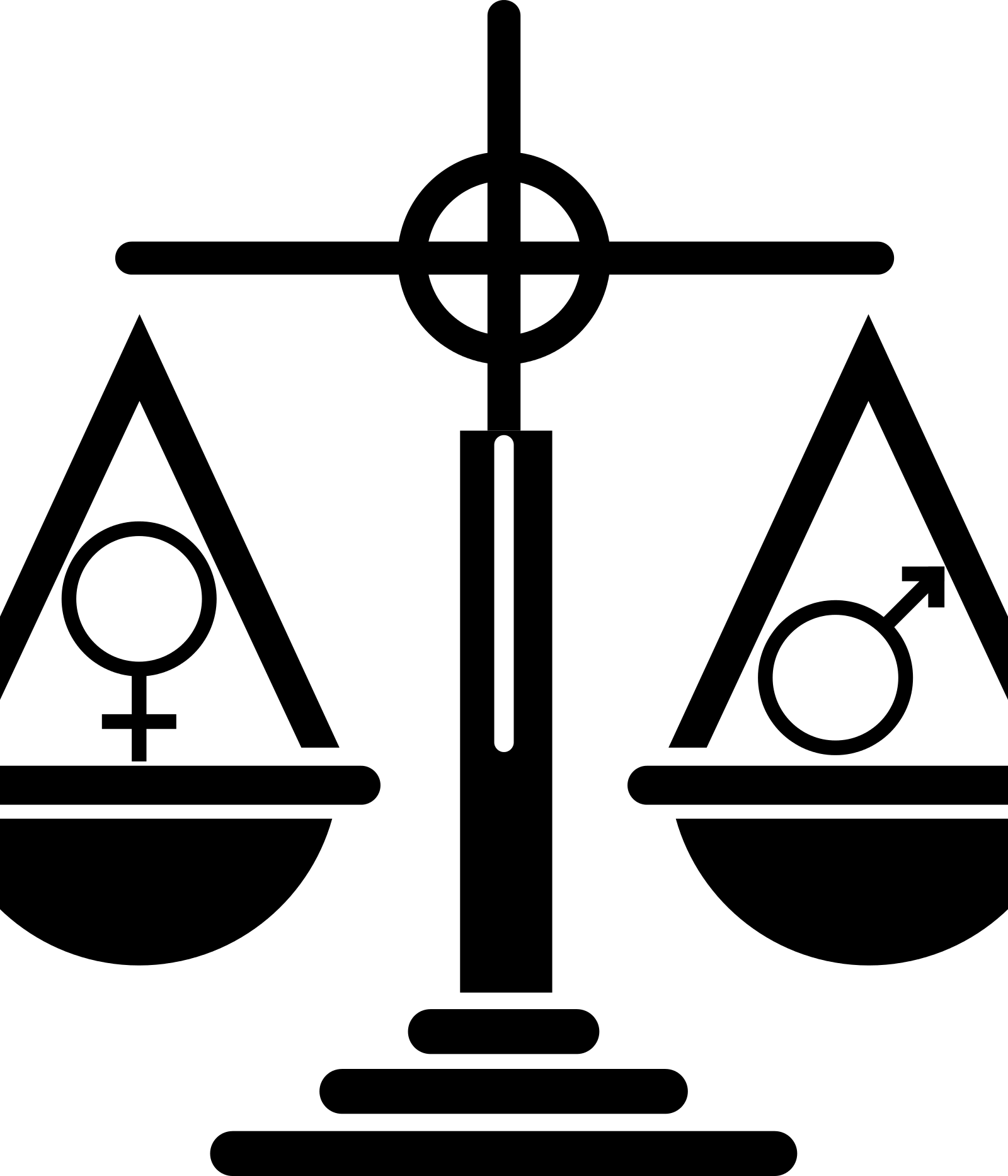
Introduction
As I write about gender-responsive sanitation, I find myself reflecting on the everyday moments we often take for granted. The simple act of using a clean and safe toilet—a basic human right—can be a source of empowerment or vulnerability, depending on our gender.
Why Gender Matters
I’ve learned that gender isn’t just a biological distinction; it’s a lens through which we experience the world. Here are some thoughts:
- Privacy and Safety: From women’s perspective, feelings of unease about poorly lit public toilets. The lack of privacy and inadequate locks can make a simple visit uncomfortable and even frightening.
- Menstrual Hygiene: Menstruation—a natural part of life—shouldn’t be shrouded in shame. Access to hygienic spaces for managing periods is essential for our well-being.
- Pregnancy and Childbirth: Imagine being pregnant and needing a safe, clean toilet during labor. It’s not just about convenience; it’s about health and dignity.
- Disability: Gender intersects with disability. People with unique needs appreciate accessible features like ramps and wider doors.
Gender-Inclusive Solutions
In my interaction with events and festivals serviced by Karibu Loo, I’ve discovered practical steps toward gender-responsive sanitation:
1. Design and Placement
- Separate Facilities: Let’s ensure separate toilets for everyone—privacy and safety matter.
- Well-Lit Areas: Proper lighting isn’t just about aesthetics; it’s about feeling secure.
2. Menstrual Hygiene Management
- Hygiene Stations: Hygiene stations with running water and disposal bins can transform the experience.
- Education: Let’s break the silence around menstruation. Education matters for both men and women.
3. Pregnancy and Childbirth
- Clean Maternity Units: Every expectant mother deserves a clean and well-equipped space during childbirth.
- Postpartum Care: Let’s include facilities for postpartum hygiene.
4. Disability-Inclusive Design
- Accessible Features: Ramps, grab bars, and thoughtful signage make a difference.
Challenges and Progress
As I write, I’m aware of cultural norms and infrastructure gaps. It’s not an easy journey, but progress is possible.
Conclusion
So, here we are—a community of individuals who care about toilets, dignity, and equality. As I sign off, I want to mention Karibu Loo Limited. We’re not just a portable toilet service; we’re advocates for change. Our services empower Nairobi’s children, ensuring education and hope. Check out our mission here.
Remember, a clean toilet isn’t just a convenience; it’s a statement of our shared humanity.
